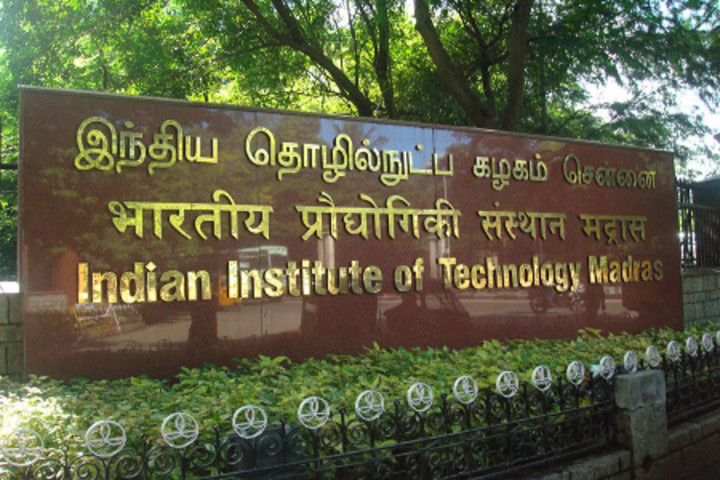
IIT Madras researchers develop machine learning tool to detect tumours in brain, spinal cord
- Campus Updates
- 02 May, 2023
- 686
Researchers with the prestigious Indian Institute of Technology-Madras (IIT-M) have developed a machine learning-based computational tool for better detection of cancer-causing tumours in the brain and spinal cord. The web server known as ‘GBMDriver’ (GlioBlastoma Mutiforme Drivers) is now publicly available online.
The GBMDriver was developed specifically to identify driver mutations and passenger mutations (passenger mutations are neutral mutations) in Glioblastoma. In order to develop this web server, a variety of factors such as amino acid properties, di- and tri-peptide motifs, conservation scores, and Position Specific Scoring Matrices (PSSM) were taken into account.
In this study, 9,386 driver mutations and 8728 passenger mutations in glioblastoma were analysed. Driver mutations in glioblastoma were identified Glioblastoma is a fast and aggressively growing tumour in the brain and spinal cord. Although there has been research undertaken to understand this tumour, therapeutic options remain limited with an expected survival rate of less than two years from the initial diagnosis, the IIT-M said.
The research was led by Prof. M. Michael Gromiha, Department of Biotechnology, IIT-M and the findings have been published in the reputed peerreviewed journal Briefings in Bioinformatics.
“We have identified the important amino acid features for identifying cancer-causing mutations and achieved the highest accuracy for distinguishing between driver and neutral mutations. We hope that this tool (GBMDriver) could help to prioritize driver mutations in glioblastoma and assist in identifying potential therapeutic targets, thus helping to develop drug design strategies,” Prof Gromiha said.
The Key Applications of this research include the methodology and features that are portable to apply for other diseases, and this could serve as one of the important criteria for disease prognosis.
“Our method showed an accuracy and AUC of 73.59% and 0.82 respectively on 10-fold cross-validation and 81.99% and 0.87 in a blind set of 1809 mutants. We envisage that the present method is helpful to prioritize driver mutations in glioblastoma and assist in identifying therapeutic targets,” Ms Medha Pandey, a PhD Student at IIT-M, said.
